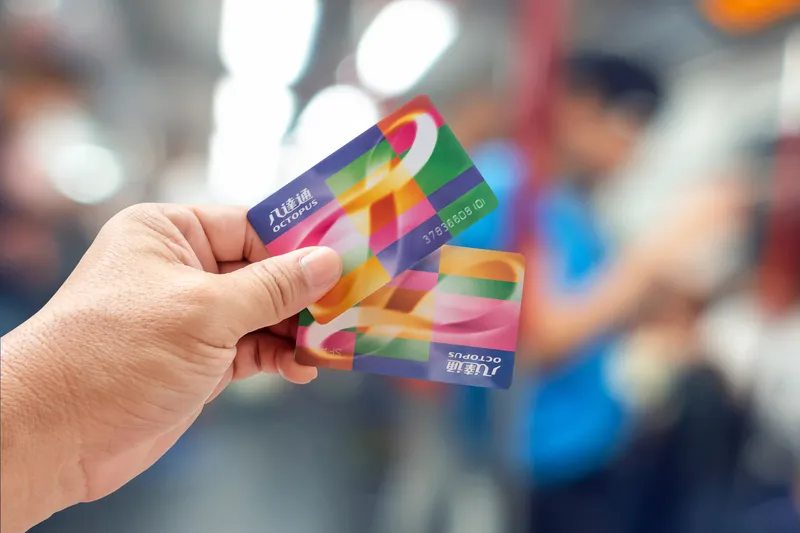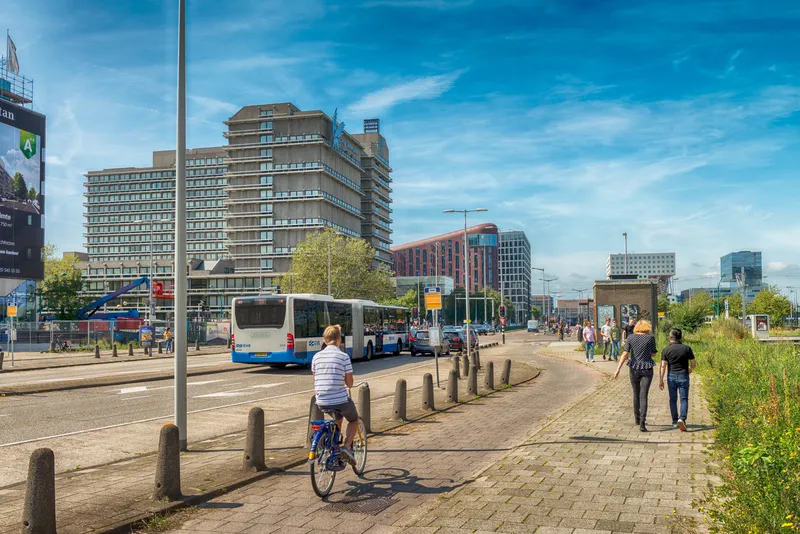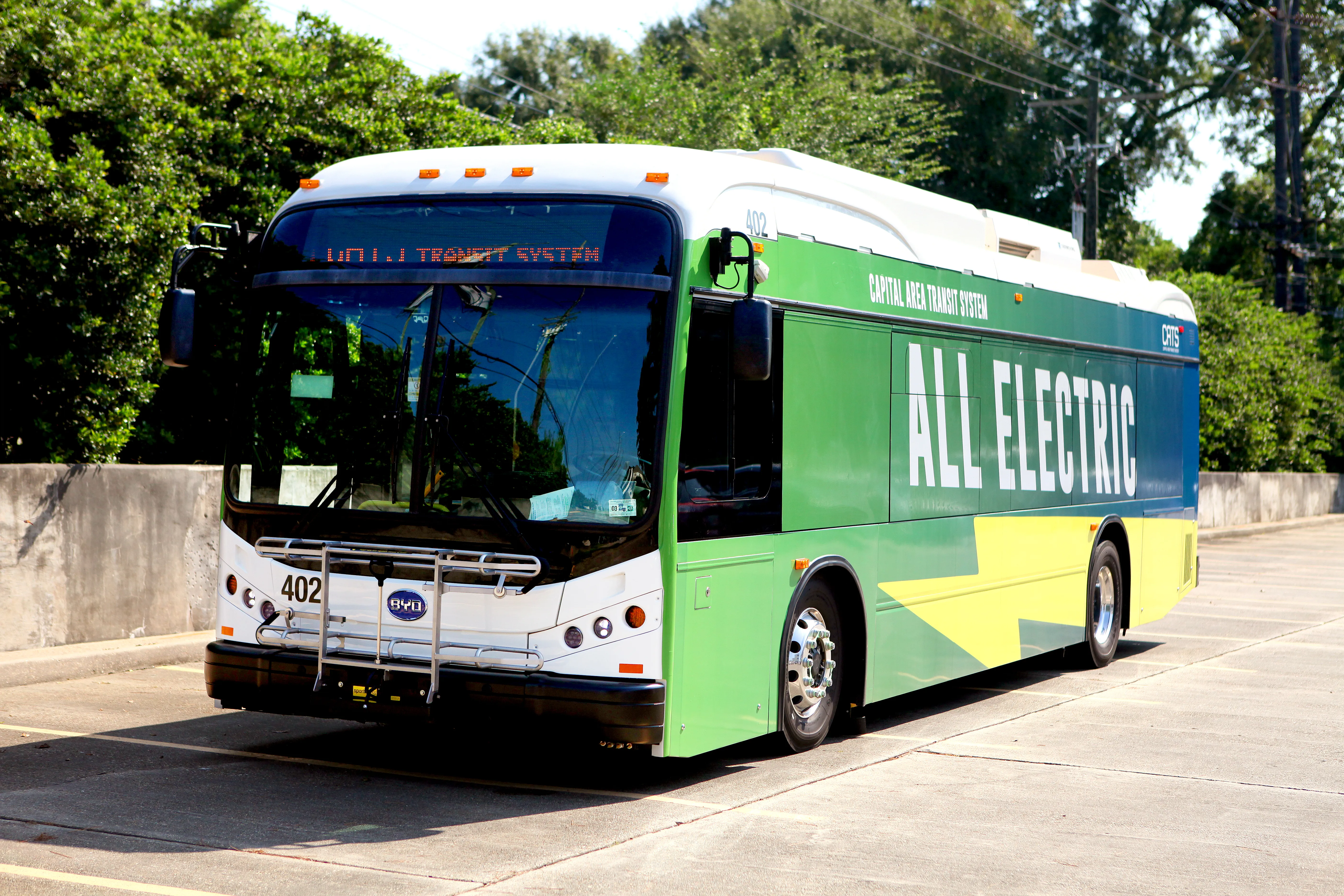
Hong Kong-based payment operator Octopus Holdings is to launch a transit card for more than 300 cities in mainland China.
In a report in the South China Morning Post, Octopus CEO Angus Lee Chun-ming explains that transit card users will be able to pay for buses and in rail transit to ferries in mainland China by the end of 2021 or early next year.
The company also wants to collaborate with contactless payment platforms in other Asian countries to establish a technology that will allow its e-wallet users in Hong Kong to pay for services in Macau, South Korea, Singapore and Thailand.
“We have applied to join the China T-Union, the nationwide one-card payment system led by the Ministry of Transport. That will enable Octopus physical-card holders to pay for public transport fares in mainland China,” Lee is quoted as saying.
China T-Union – operated by Beijing China Communications Gold Card Technology – allows users to pay by swiping the prepaid anonymous Union One card on public transport in more than 300 mainland cities.
“We will issue a new card with a maximum top-up value of HK$3,000 (US$386) that will be compatible with the electronic payment standards in the city and the mainland for holders,” Lee adds.
The service can be upgraded to digital Octopus cards in the phase two development.
“The card will be denominated in Hong Kong dollars,” Lee continues. “Octopus will arrange the currency settlement with the mainland partner.”
The Octopus card does not store any personal information, the firm says.
Octopus was selected by the government to help distribute HK$5,000 in spending vouchers to Hong Kong residents to help repair the economic damage caused by the coronavirus pandemic.
Covid-19 has caused Octopus to put its plans to expand overseas on hold.
Lee admits that the coronavirus pandemic has “delayed discussions with partners” and the “testing exercises” but hopes the service will launch in the next couple of years.









